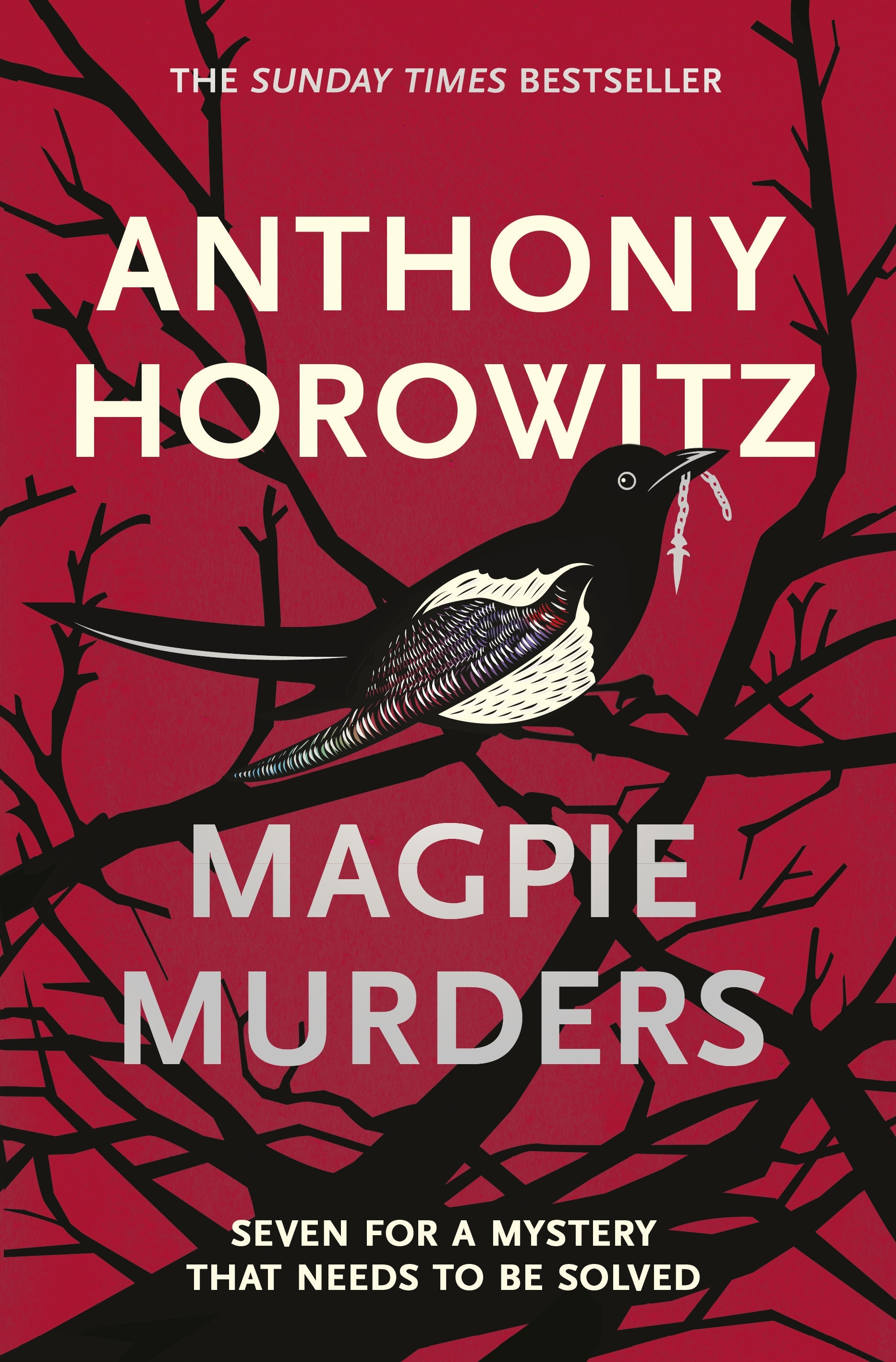Conway’s latest tale has Atticus Pünd investigating a murder at Pye Hall, a local manor house. Yes, there are dead bodies and a host of intriguing suspects, but the more Susan reads, the more she’s convinced that there is another story hidden in the pages of the manuscript: one of real-life jealousy, greed, ruthless ambition, and murder.
Comment: This mystery caught my attention because the story would be about books and had a story within the story. Since this is a theme I tend to enjoy, on to the pile it went until now.
When this books starts we learn that Susan Ryeland, an editor at a publishing house, is about to start the new and last book in a popular series. The author has gained fame because of this mystery series, pretty much along the same lines as Agatha Christie's style, but now that the final book is to be released something strange happens. The author dies and it all points to suicide, including even a suicide note, but Susan seems suspicious, especially since while reading the author's last book, there are way too many clues in it to make her think the author wanted to hide some kind of message in his book. But Susan isn't a detective, can she go beyond being a mystery reader to put all the clues together and finally see what has really happened?
This was definitely a very clever book! I had a wonderful time reading and more than trying to guess anything, for me the fun was to see so much of the usual behavior of a reader while going through a mystery. Susan is an editor but she also reads the book and so much of her impressions follow the pattern of who likes to read mysteries, from thinking about suspects and trying to guess the meaning of clues and so on.
In fact, I really loved this part of the story: Susan reads her author's book and when the last chapter seems to be missing, she has to think abut what she has read and who could be the killer, who was hiding something, a method I found very realistic when any reader is trying to understand what is happening. The author of this book, Anthony Horowitz, is known for his work in this field, since he is also responsible for adapting Agatha Christie's stories into a TV series, so his knowledge is quite well used and done here.
There are two stories being developed in this book:
- The main plot, in which Susan investigates author Alan Conway's "suicide" and everything related to that and some missing pages of his final book;
- The story within the story, which is a very clear and intriguing whodunit, written by character Alan Conway.
This Magpie Murders starts with an introduction by Susan and right away we actually have Alan's book which, I must say, was an extremely convincing little story and one I had great fun reading. Actually, it was very addictive to learn about a fictional place in England, just like any other country village, where things just happen. It is obvious the inspiration on Agatha Christie's work and other similar authors, and it felt as if that story could truly be any other published mystery out there.
The fictional story was very well done, for Alan Conway is described as being a good writer but an unpleasant person and he seems to dislike the fame he has because of books so many like and he actually was tired of. This brings up an interesting theme, shared by many real authors, who get tired of their characters' success with the public. I think all these little things, clues, hints, red herrings both in the fictional story as well as the ones in the main one were all wonderful to make me reflect.
I could not guess the truth about the story within the story. Pretty much like Poirot, the detective in that fictional story was very precise in describing events and finding the culprits. It was really quite an adventure to read that little story. As for the mystery Susan Ryeland investigates, that one was a little bit easier for me to guess. The motives for the death of Alan Conway weren't difficult to guess but the whys of certain clues and how the sequence of events went was the true beauty of the plot, as it usually happens in these types of the books, where the journey is often richer than the result.
I can't explain why but looking at this from a certain POV, there were just too many details related to one situation which seemed to be too vague and I kind of imagined obviously something more had to matter and I was right. Just not the hows of things. Still, the last twist in Susan's investigation was a bit naive, I mean! She edited crime books, would any person in true fear of discovery such a secret/crime behave like she did in those last pages? It does feel it was a good shock factor instead.

No comments:
Post a Comment